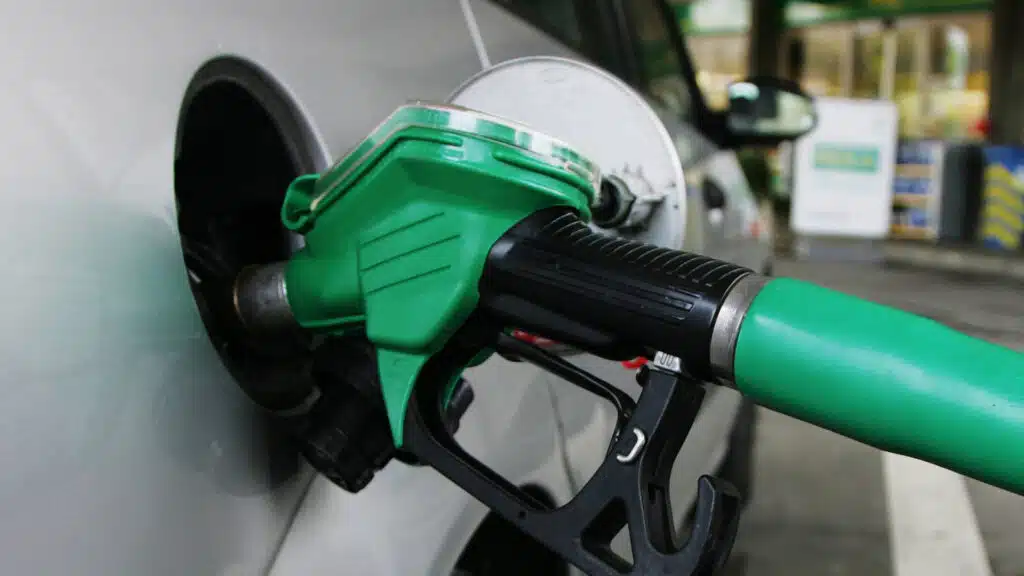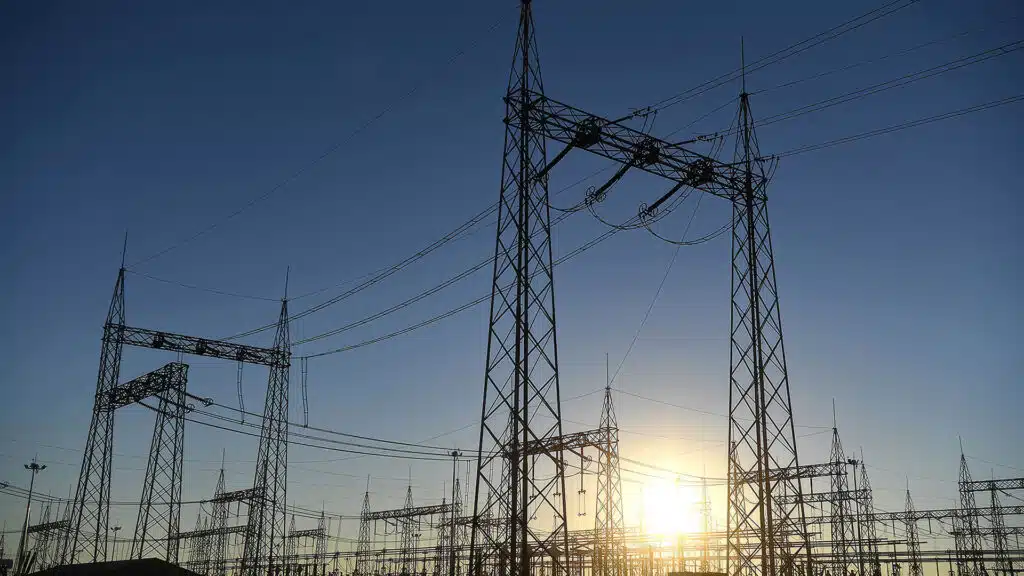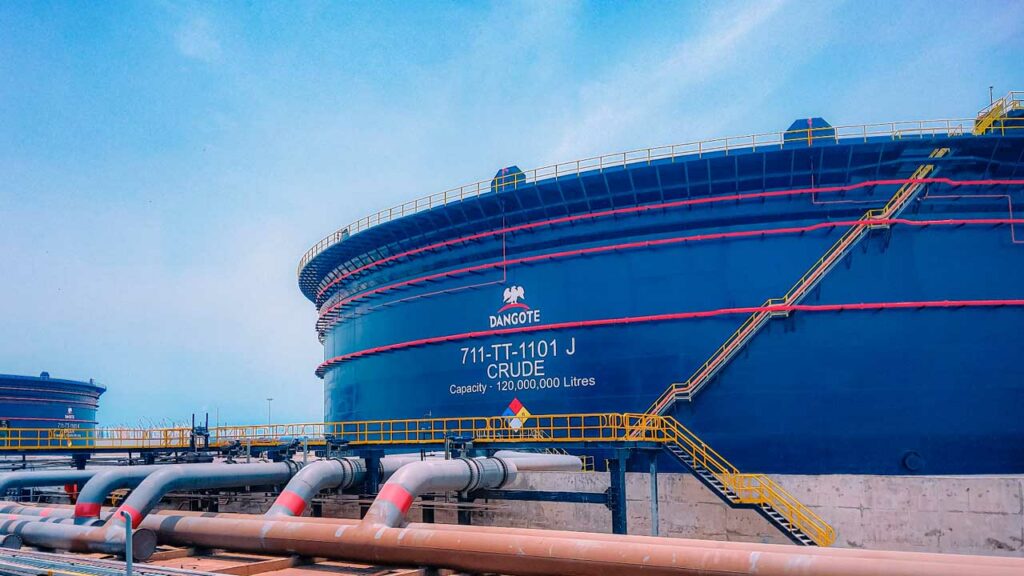In a move that signals a significant shift in Nigeria’s downstream oil market, the Dangote Petroleum Refinery has reduced the price of Premium Motor Spirit (PMS), also known as petrol, for the second time in one week.
The price drop, tied closely to the federal government’s naira-for-crude policy and local refining dynamics, represents a bold attempt to stabilize fuel prices and reduce Nigeria’s dependence on imports. But despite the refinery’s price cut, many filling stations across the country have yet to adjust their pump prices, raising questions about market transparency, competition, and consumer protection.
Highlights
- Dangote Refinery reduces petrol prices twice in one week to promote affordability.
- Several filling stations delay adjusting prices, citing prior inventory costs.
- Marketers express concern over “arbitrary pricing” and profit losses.
- Policy shifts including the naira-for-crude initiative drive down import volumes.
- Industry experts argue deregulation and competition will benefit consumers in the long run.
Dangote’s Price Cut: A New Era in Refining
Anthony Chiejina, Group Chief Branding and Communications Officer of Dangote Industries, described the refinery’s price reductions as a demonstration of its commitment to ensuring affordable fuel for Nigerians. As the world’s largest single-train refinery, Dangote’s ability to refine crude oil locally has positioned it as a game-changer in Nigeria’s energy landscape.
With Nigeria’s import volumes of refined fuel dropping by over 600%, Dangote is now supplying a substantial share of domestic PMS. The refinery is also sourcing crude locally and paying in naira, easing the strain on Nigeria’s foreign exchange reserves.
Resistance at the Pumps
Despite the price cuts, numerous filling stations have not adjusted their retail prices. Marketers argue they had already stocked petrol at higher prices and would incur losses if forced to lower prices immediately. Industry observers, however, call this resistance short-sighted.
“The market has changed. If you’re stocking excess fuel expecting scarcity, you’re playing by outdated rules,” said one analyst. “The days of hoarding and sudden price hikes are over.”
Naira-for-Crude and Government Policy
The Nigerian government’s naira-for-crude policy has played a crucial role in reshaping the sector. By allowing refineries like Dangote to pay for crude in naira instead of dollars, the policy aims to stabilize the local currency, reduce inflation, and ensure a steady domestic supply.
This regulatory shift is central to why Dangote can offer reduced prices—a benefit marketers are expected to pass on to consumers.
A Call for Competitive Discipline
Industry experts argue that competition, not regulation, will discipline the market. As more private refineries enter the space, hoarding and price manipulation will become unsustainable.
“It’s a survival-of-the-fittest era,” said another commentator on TVC News Nigeria
“If marketers refuse to adapt to new pricing trends, they will simply lose customers.”
The return of a free-market system also marks a departure from the previous era of fuel subsidies, which distorted pricing and drained public finances.
Consumers Urged to Be Patient
As filling stations slowly adjust to the new price regime, consumers are being advised to remain patient. Analysts predict that resistance will fade as market forces take hold and stations are compelled to match Dangote’s pricing to stay competitive.
“This is a transitional period. The days of monopoly and fuel scarcity games are fading. Nigerians should expect more stable and affordable pricing soon,” one analyst noted.
Reshaping Nigeria’s Fuel Economy
The Dangote Refinery’s aggressive pricing strategy is reshaping Nigeria’s fuel economy, putting pressure on marketers to reflect actual market conditions at the pump. As policy reforms deepen and market competition increases, the Nigerian consumer may finally benefit from transparency and affordability in the oil and gas sector.







